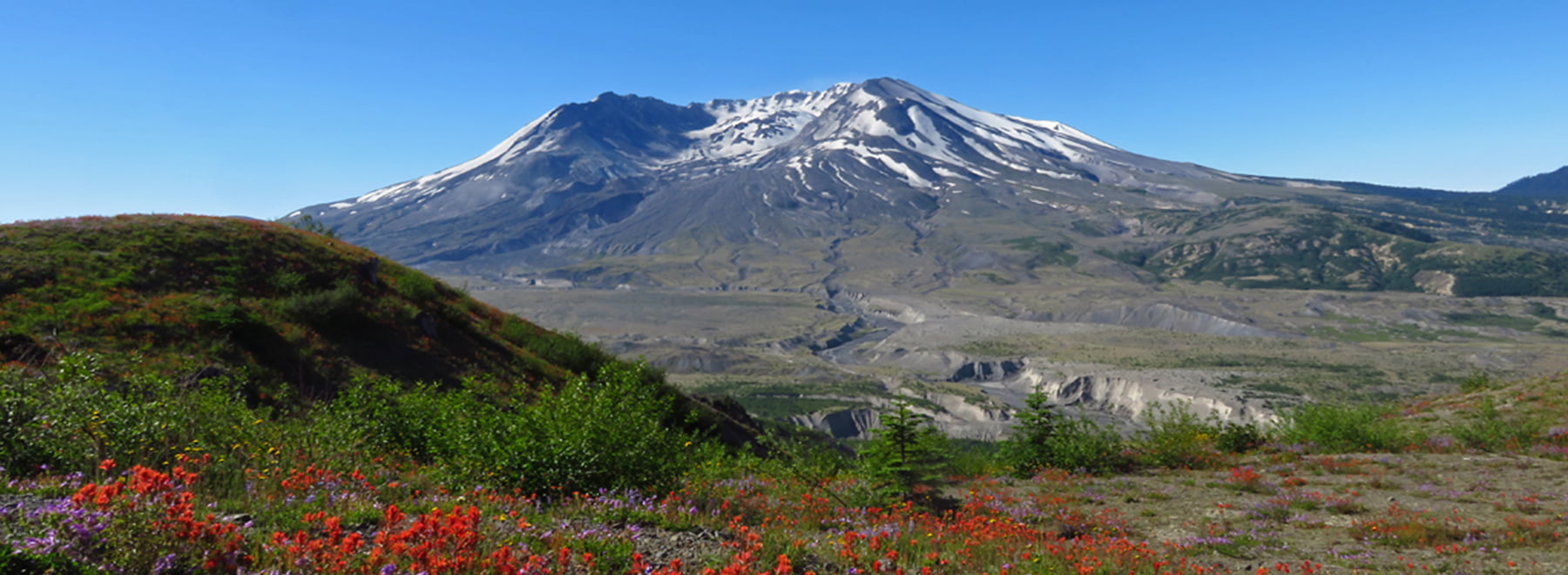
Protecting a Natural Marvel at Mount St. Helens
The Pumice Plain – the blast zone of Mount St. Helens in Washington state – is unique on planet Earth. Nowhere else can we observe the natural formation of new land and the reemergence of plants and animals to form an entirely new ecosystem. The Pumice Plain is providing the scientific community with valuable insights about the nature of life and rebirth. To protect this delicate, special place and foster new understanding of ecology, the National Volcanic Monument is mostly closed to motorized travel and cross-country foot traffic.
The U.S. Forest Service wants to build an access road to drill cores and perform seismic testing to analyze the stability of a debris flow holding water in Spirit Lake, but the agency is not taking a hard look at the environmental consequences of such a heavy-handed undertaking.
The Forest Service tried this once before, bulldozing a road across a newly forming stream in August 2018 despite its promises to build a “light touch” route. The road washed away two months later. To this day, the remnants of the road attract motorized trespassing and harm several dozen long-term research plots.
It is extremely important to understand and mitigate any long-term public safety risks posed by Spirit Lake, and we support that endeavor. The lake, however, has remained stable for 40 years and shows no signs of failure. For this reason, we must not allow the Forest Service to hastily destroy the exceedingly rare gift nature has given us in the Pumice Plain. We’re ready to pursue legal action to force the Forest Service to thoroughly analyze the effects of building this road, and give serious consideration to alternatives in line with its promise to treat this special place with the “light touch” it needs.
Studies:
A 2017 study found that we would have weeks if not much longer to alert and evacuate downstream communities should Lake levels rise precipitously without an outlet.
2018 National Academy of Sciences report recommended that the Forest Service conduct an environmental analysis in an environmental impact statement that looks at options/alternatives and addresses the need for a more permanent lake solution.



